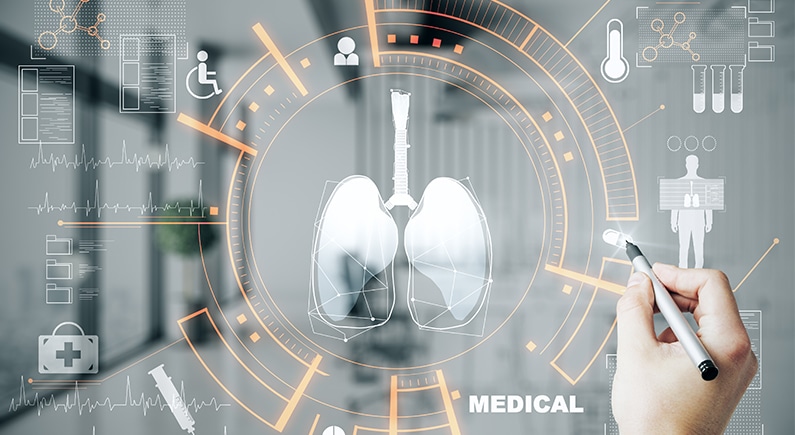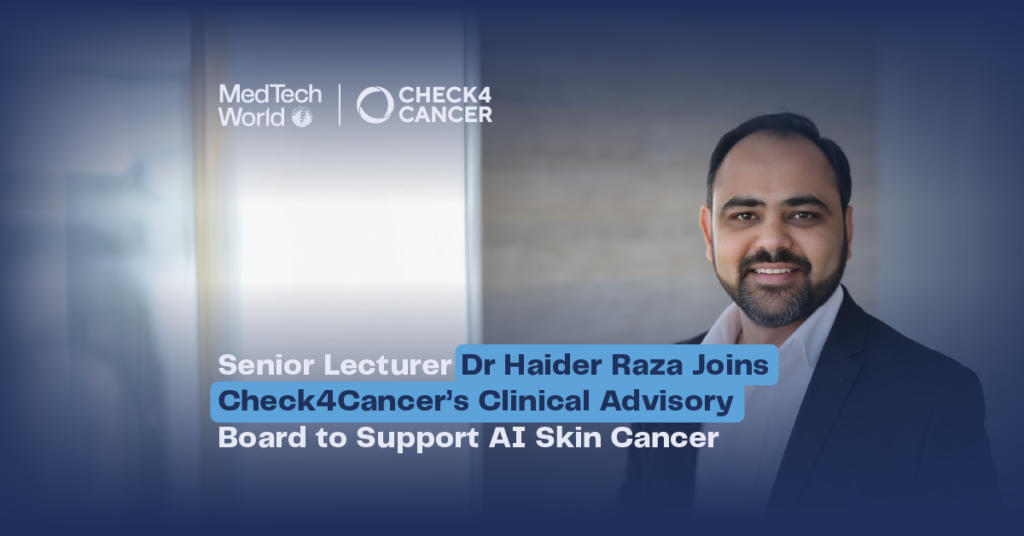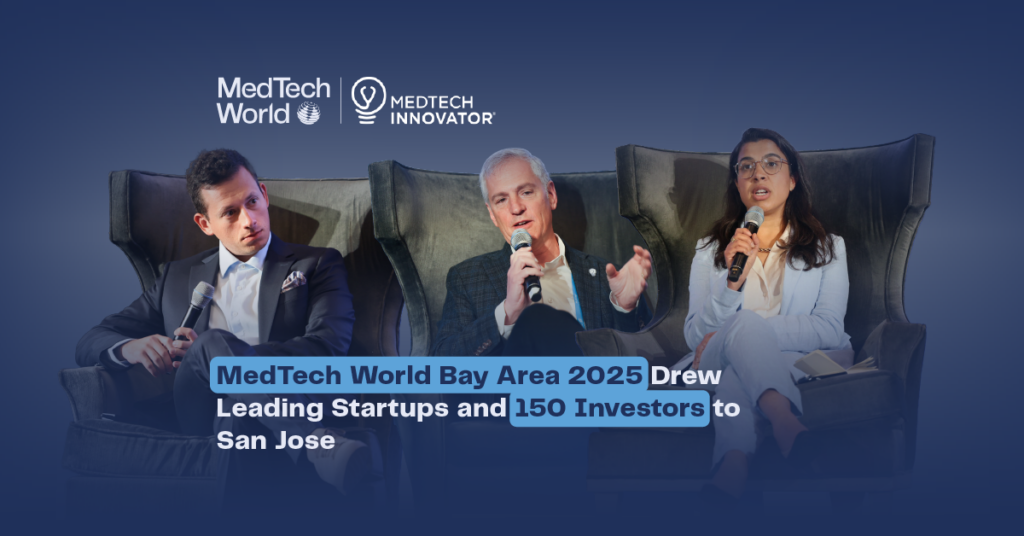
Michael Joe Cini
27th July 2022
The Pros and Cons of Implementing AI in Healthcare
A new approach to patient management
Over the past years, the healthcare sector has improved its digitization and electronic health records (EHRs). As information technology advances, the concept of intelligent health gathers popularity. By integrating technologies such as the internet of things (IoT) and artificial intelligence (AI), innovative healthcare modifies and strengthens traditional medical systems in terms of service, efficiency, and personalization.
Artificial intelligence simplifies the lives of doctors, hospital administrators, and even patients by performing tasks that are typically done by humans, but faster and cheaper. It helps health practitioners to improve operational efficiencies, streamline tasks, and simplify complex procedures.
Tech companies, such as Microsoft, are investing more funding into AI healthcare innovations. In a bid to address healthcare challenges, Microsoft announced a five-year $40 million program in 2020. In 2021, AI sector funding increased by over 100%, with healthcare accounting for about one-fifth of overall funding.
Although artificial intelligence is undoubtedly changing the healthcare industry, it is still a relatively new technology. As AI usage spreads across the healthcare industry, issues regarding the technology’s benefits and limitations become increasingly pressing.
Benefits of Artificial Intelligence in Healthcare
Artificial intelligence can identify symptoms and make diagnoses; it can assist in surgery, predict when an epidemic will break out, and undertake hospital administrative work such as making appointments and registering patients. AI holds significant promise to transform and improve patient care and safety in the Emergency Room or ICU. Artificial intelligence has an inexhaustible list of benefits in healthcare, a few of which are mentioned below:
Provides Access to Real-Time Data
An essential component of diagnosing and addressing medical issues is the timely acquisition of accurate information. With artificial intelligence, healthcare professionals can leverage immediate and precise data to quicken and optimize vital clinical decision-making. AI generates more rapid and realistic results, ultimately leading to improved preventative steps, cost savings, and reduced patient waiting time.
A real-time update can help improve physician-patient connections. Patients can be more engaged in their treatments if vital health information is made available via mobile devices. Healthcare providers can be alerted of urgent changes in patient status through mobile alerts.
Streamlines Tasks
Artificial intelligence has already changed healthcare practices significantly. It has taken up several functions, including appointment scheduling, tracking patient histories, translating clinical details, and care recommendations. Now, the technology is enabling healthcare facilities to streamline more tedious and meticulous tasks. Intelligent radiology technology, for instance, can identify important visual markers, speeding up the process of intense investigation.
Saves Time and Resources
As AI replaces tedious human tasks with advanced algorithms and more vital processes are automated, healthcare professionals have more time to assess patients and diagnose illnesses and ailments.
Time equals money, and AI is saving the industry hefty costs. About $200 billion is wasted yearly in the healthcare industry. Administrative strains, such as filing, reviewing and resolving accounts, account for a significant portion of these unnecessary costs.
In assessing medical necessity, hours of reviewing patient history and information are traditionally needed. New natural language processing and deep learning algorithms can help physicians in analyzing hospital cases and avoiding denials. This gives medical professionals more time to assist and interface with patients.
Helps in Clinical Decision Making
Specialties such as radiology, pathology, ophthalmology, and others that are data-intensive have already adopted the use of AI due to its potential to harness vast amounts of data. Also, in the ER where precise, accurate, and fast decision has to be made based on data, the use of AI makes it easier and much faster, thereby improving the outcome of the patient’s care.
For example, Advance Alert Monitor developed by Kaiser Permanente can identify patients that will deteriorate by scanning patients’ data continuously and assigning scores that predict the risk of death or transfer to the ICU. This allows healthcare providers to make appropriate decisions when the patients are still relatively stable.
Precision Medicine
Precision medicine is an approach to the treatment and prevention of diseases that takes into account individual variability in genes, environment, and lifestyle. AI, by increasing the accuracy and prediction of outcomes via mining a vast amount of clinical, social, lifestyle, genetic, and preference data, can take precision medicine to the next level.
Asides from predicting the outcomes of current patients, AI can predict the probability of future patients’ having a disease. With this level of awareness, healthcare providers will be able to tailor treatments to individual patients and know the best care plan for the entire population.
Assists Research
Artificial intelligence enables researchers to collect large swaths of data from various sources. The ability to draw upon a rich and growing data set allows for a more accurate analysis of deadly diseases. Concerning real-time data, research can benefit from the vast information available, inasmuch as is easily translated.
Medical research bodies such as the Childhood Cancer Data Lab are developing useful software for medical practitioners to better manage wide collections of data. AI has also been used to assess and detect symptoms earlier in the course of an illness. Telehealth solutions are being utilized to track patient progress, get vital diagnosis data, and contribute population information to shared networks.
May Reduce Physician Stress
A significant contributor to physician burnout is patient load. Many primary physicians feel stressed from deadline pressures and other workplace conditions. However, AI, by streamlining procedures, automating functions, instantly sharing data, and organizing operations, can help relieve medical professionals of juggling too many tasks.
Limitations of Artificial Intelligence in Healthcare
Requires Human Surveillance
Although AI has come a long way in the medical world, human oversight and surveillance is still essential. It is important to note that, artificial intelligence is a mathematical instrument that runs on the data that humans feed it. It tries to mimic the process that is happening in the human brain, but the power of intellect of a trained doctor cannot be discarded. Human intuition and experience definitely cannot be replaced by a machine-learning algorithm.
Surgery robots, for example, lack empathy and operate merely on their program. This is rarely the case for humans; during and after surgery, surgeons may notice vital behavioural observations that can help diagnose or prevent medical complications. AI is designed to enhance human capabilities in patient care, not to replace them.
The medical fields and tech industry are continually interacting to improve the technology.
May Be Socially Biased
No two patients are the same. Relevant recommendations for specific patients might be influenced by social, historical, and economic variables. AI’s algorithms do not take into account any socioeconomic background of a patient.
May Render People Unemployed
While AI can do most of the menial and tedious human labour in healthcare, there should be a consideration of what becomes the employees who traditionally do these jobs. Professionals may end up being displaced, resulting in an ethical issue.
As projected by a 2018 World Economic Forum report, AI would create a net sum of 58 million jobs by 2022. However, this same study discovers that 75 million jobs will be destroyed or displaced by AI by the same year.
Although artificial intelligence promises to improve several aspects of healthcare and medicine, it’s important to consider the social ramifications of integrating this technology.
Possibility of Inaccuracies
Medical AI relies on diagnosis data gathered from millions of catalogued cases. When there is limited data on particular illnesses, demographics, or environmental factors, a misdiagnosis is entirely conceivable. This is especially important when prescribing particular medicine.
Another challenge to the advancement of AI in healthcare is technological limitations. Although the principle of operation of AI is known, how exactly its algorithm makes judgments is still unclear. Due to this lacking knowledge, questions have been raised: Can patients trust AI with their lives? How accurate is the diagnosis made by AI? What measures are in place to prevent misdiagnosis? Who should be held responsible when there is a problem?
Possible Security Risks
One of the leading concerns about AI in medicine is its susceptibility to security breach with data privacy. Due to its dependence on data networks, AI systems are generally susceptible to security risks.
As AI utilizes data to make systems smarter and more accurate, cyberattacks will incorporate artificial intelligence to become smarter with each success and failure, making them more difficult to prevent or predict.
Conclusion
Despite significant challenges, AI promises extraordinary benefits to the medical sector. This innovative technology has made possible the convenience and access to a wider range of healthcare for the rest of the world.
However, as more research is ongoing to better integrate AI in healthcare, it should be used with caution.
About Med-Tech World:
It is now estimated that the global digital health market will increase to around $640 billion by 2026. Through our expertise coupled with optimized networking, we will ensure that both investors and startups are on the ground floor of this health revolution. The event which is organized and curated alongside a team of doctors, attracts legislators and policymakers, medical professionals, and investors from across the world, addresses the opportunities and challenges driving this million-dollar forum.




